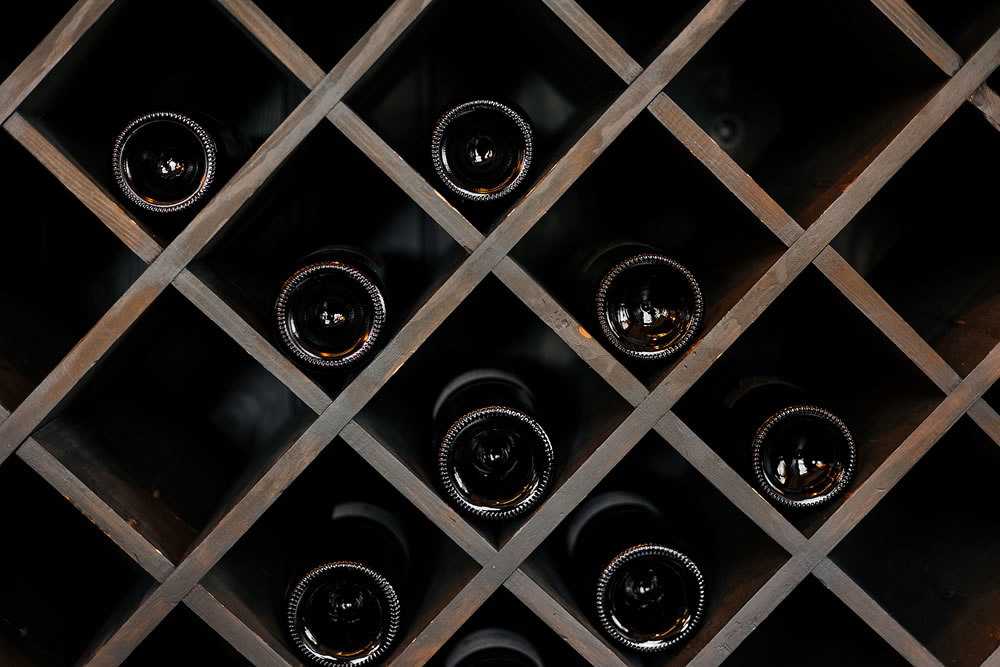Whether you’re savouring a glass at an elegant dinner or toasting at a special occasion, doing so with a fine wine in hand is always sure to elevate the experience. Beyond its luxurious drinking appeal, investing in high-quality wines can be both rewarding and enjoyable. Whether you’re an experienced collector or a newcomer exploring the world of luxury wines, this guide will take you through everything you need to know about building your own collection, from understanding vintages to creating the perfect environment for storage.
What is fine wine exactly?
Fine wine refers to wines made with the utmost care, often from specific regions known for their grape production; these wines typically come from limited harvests, showcasing unique characteristics tied to their terroir. The artistry involved in fine winemaking goes beyond ingredients, it includes meticulous attention to detail during fermentation and aging processes, and many fine wines are crafted using traditional methods passed down through generations.
A hallmark of fine wine is its ability to age gracefully with the best bottles developing complex flavours over time, offering new tasting experiences with each pour. Quality also plays a crucial role; these wines undergo rigorous selection criteria before being deemed worthy of the label ‘fine’, whether it’s a robust Bordeaux or an elegant Burgundy.

Why you should consider investing in fine wines
If you’re looking to buy sought-after and premium wines to invest in, you’re in for a unique opportunity. The market for luxury wines has shown resilience even during economic downturns, many collectors see significant appreciation over time, turning personal cellars into valuable assets. Additionally, as global trends lean toward premium products, demand for sought-after vintages continues to grow, meaning your collection could appreciate while you enjoy sipping on exquisite flavours.
Installing your own wine cellar at home
Creating your own wine cellar at home can elevate your experience as a fine wine enthusiast, so start by choosing an ideal location. A cool, dark place away from direct sunlight is essential to help maintain the right temperature and humidity levels for the bottles. Consider using basements or under-stair spaces, which often provide natural insulation.
Next, think about shelving. Custom-built racks allow you to store fine wines horizontally, keeping corks moist and preventing oxidation. For those with limited space, modular systems can maximise efficiency without sacrificing style.

Understand how to look after wine
Caring for your fine wine is essential to preserving its quality and enhancing its value. Start by ensuring proper storage conditions – the ideal temperature hovers around 55°F (13°C). Too much heat can spoil the wine, while cold temperatures may halt aging. Humidity also plays a role, so aim for about 70% humidity to keep corks moist and prevent oxidation. A dry cork can lead to air seeping in, spoiling that perfect bottle you’ve been saving.
Darkness is crucial too, as UV rays can degrade flavours over time. Store bottles upright if they have screw caps or synthetic corks, but lie them down if they’re sealed with natural corks. Be cautious with vibrations as well as they disturb sediment and ultimately affect taste. Designate a quiet spot in your home where your collection can rest undisturbed.
What vintages should you look out for?
When it comes to fine wine, vintages play a crucial role in determining quality and value. Some years produce exceptional grapes due to ideal weather conditions, while others may not fare as well. Keep an eye on reviews from wine critics and publications as their insights can guide your choices when deciding which bottles stand the test of time.
Look out for renowned vintages from leading regions like Bordeaux or Burgundy. Years such as 2005, 2010, and 2016 have been hailed for their remarkable characteristics and aging potential. Don’t overlook lesser-known regions either – emerging areas can surprise you with outstanding wines that might appreciate over time.

Buy wine that you enjoy drinking
When purchasing fine wines, the joy of savouring each bottle should never be overlooked. If you find yourself investing purely for potential returns, consider this: not every wine appreciate may in value.
Choose wines that resonate with your palate. Explore various regions and styles to discover what truly excites you, whether it’s a bold Cabernet Sauvignon or a crisp Sauvignon Blanc, pick bottles you would happily share with friends.
So remember, when selecting fine wines for your collection, you can sometimes prioritise enjoyment over investment potential. Let passion guide your choices rather than market trends alone, after all, the best wines are those that enrich your life today.






















